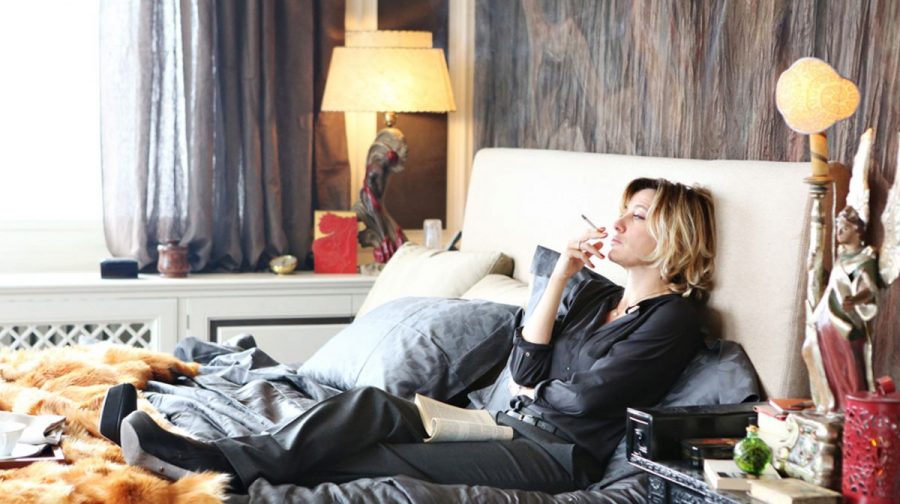Now available on DVD
Paolo Virzì / Italy / 2013 / 111 mins
Human Capital has made an uncompromising entrance. Adapted from the novel by American author, Stephen Amidon, and constructed by one of Italy’s most renowned directors, Paolo Virzì, the film has already worked its way round the Italian awards circuit with unbridled efficiency. After dominating the David Di Donatello and Nastro D’Argento awards, it went on to scoop the Best Film award at the Italian Golden Globes. Now, as Italy’s official Oscars submission in the Best Foreign Film category, this sharp and stylish thriller has its sights firmly set on conquering the international stage.
On the night before Christmas eve, a cyclist is injured in a hit and run accident. The event initiates the partnership of two families already loosely connected through the teenage relationship of spoilt rich kid Massi (Guglielmo Pinelli) and thoroughly middle class Serena (Matilde Gioli). In a twisting, turning narrative strikingly similar to Paul Haggis’s 2004 film Crash, the families embark on a path of destructive money lust, unwise investment and deceit. Fabrizio Bentivoglio is outstanding as the slimy, gum chewing Dino, whose hapless desperation to join the social elite only serves to boost the status of egotistical hedge fund manager Giovanni (Fabrizio Gifuni). Similarly, Valeria Bruni Tedeschi’s portrayal of the excruciatingly feeble Carla is conducted with aching authenticity.
Human Capital is a revolving door of a film, a Rubik’s Cube constantly shifting to reveal new intricacies, dimensions and concealed plots. It is a striking social assessment, examining the fragility of the class system and vulnerability of lives built on temperamental markets and precarious investment. Its parting shot is at the social elite – the price of freedom being readily available to the highest bidder – and the toxicity of the ruling classes’ efforts to restore societal status quo, no matter what the cost.


Comments